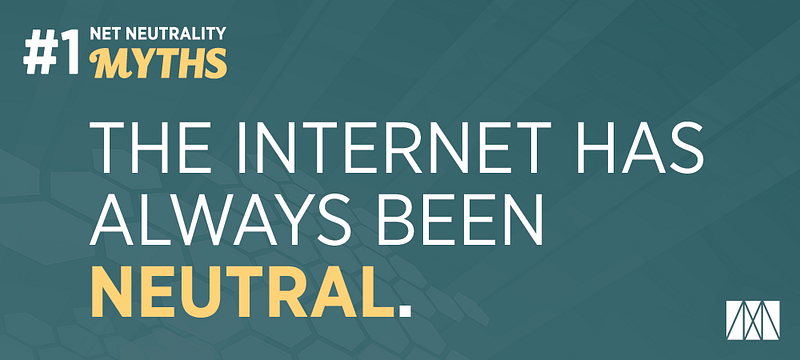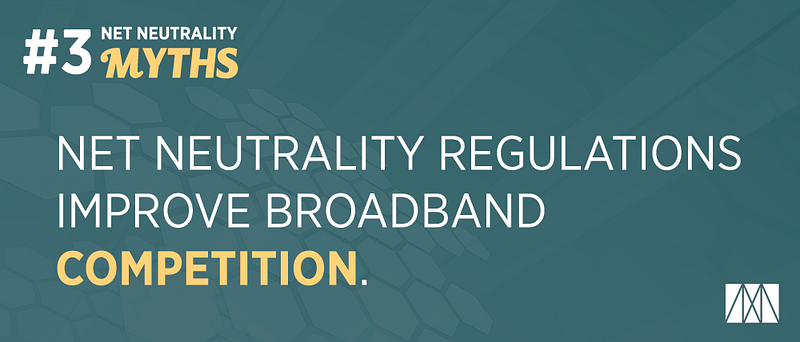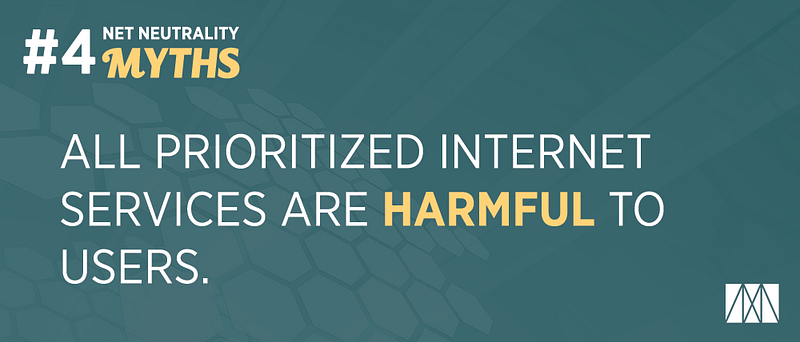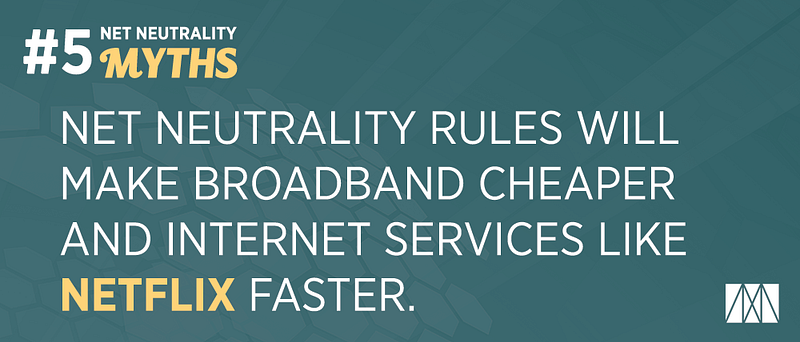House GOP Faces Another Whip Test on DHS Punt
By Matt Fuller and Emma DumainPosted at 9:34 p.m. on Feb. 26

(Bill Clark/CQ Roll Call File Photo)
When in doubt, punt. That’s the latest plan from House Republicans, but even trying to pass a tried-and-true congressional maneuver might be a tall order for the GOP’s fractured conference.
They met again in the Capitol basement Thursday night and settled on a game plan: a three-week continuing resolution stripped of all provisions blocking President Barack Obama’s immigration action, as well as a separate motion to go to conference with the Senate.
It’s not a plan for victory, per se, but it keeps the game going — and it’s a chance to save face somewhere down the line.
But with House Democratic leaders planning to whip against it, Republican leaders will have to get their team to march in the same direction, and that’s never been an easy feat.
In a sudden, but expected shift from his long-stated opinion, Speaker John A. Boehner advocated for the short-term plan, telling his House colleagues that with the Texas court injunction in place blocking the president’s executive action, legislation wasn’t needed to stop it.
Instead, the argument is that a three-week CR would be long enough so the Fifth Circuit Court of Appeals could uphold the injunction, potentially allowing Congress to then vote on a long-term Homeland Security funding bill. The House and Senate could go then to conference on that longer-term bill.
The speaker’s idea, “and I think it’s the correct one,” Rep. Richard Nugent said, is the regular order is to go to conference.
“When you have two competing bills from both houses, the bicameral way to do it is by conference,” the Florida Republican said.
“Our concern,” Nugent continued, “is whether or not the Senate will sit down and do that.”
Indeed, Senate Minority Leader Harry Reid, D-Nev., has warned there will be no conference, period.
And with a vote to go to conference requiring 60 votes in the Senate, there’s no reason to believe one would take place.
Still, as Nugent argued, if Senate Democrats refuse to go to conference, maybe they would be blamed for an eventual Department of Homeland Security shut down.
“If you’re not willing to be part of that process, then who’s fault is it?” Nugent asked.
Republicans generally seemed warm to the plan.
“We in the House are basically stuck with two options here,” Rep. Mario Diaz-Balart said Thursday night. “We either do nothing, in which case Homeland Security shuts down, or we extend it for three weeks.”
“Shutting down Homeland Security just isn’t a viable option,” he said.
Asked whether he thought a clean CR had the votes, Diaz-Balart said, “I don’t know. I have no idea. I would imagine so,” citing an imminent shutdown threat and a pending court ruling that could be in the GOP’s favor.
On Thursday night, Majority Leader Kevin McCarthy, R-Calif., said the House intended to act on Friday. Seemingly, the plan is to send the Senate the three-week CR and leave town, sticking Senate Democrats with the rhetorical option of shutting down DHS over a disagreement over a duration of funding.
But that plan banks on a number of things going right, and perhaps the first problem is that Democrats seemed cold to the idea.
“The House Democratic leadership is whipping against this bill,” a House Democratic leadership aide said in a statement late Thursday. “If House Republicans want to end up with another manufactured crisis that risks our national security in a matter of days, they can do it with 218 votes of their own.”
If Minority Leader Nancy Pelosi, D-Calif., truly locks down on her caucus, it will be difficult, though not impossible, for Republicans to send a three-week DHS bill over to the Senate.
Pelosi told reporters Thursday she wouldn’t support a short-term CR, so the opposition of House Democrats shouldn’t come as a surprise.
During the last full government shutdown in 2013, House Republicans engaged in an exercise where they put a series of bills on the floor to reopen parts of government that were non-controversial — the National Parks, for instance — and most Democrats rebuffed them, arguing that the GOP was holding other federal operations hostage. Still, over a dozen, more moderate Democrats in vulnerable districts consistently joined with Republicans in voting “yes” on those piecemeal government funding bills.
Rep. Steve Stivers, R-Ohio, told CQ Roll Call late Thursday night that he imagined between 10 to 15 Democrats would vote for the CR. “I wouldn’t count on any,” he said.
And yet he was optimistic that the bill could pass.
House Democrats are scheduled to meet behind closed doors Friday morning, which will give leadership a sense of whether members are prepared to stand together in opposition.
(One thing to watch for: Democrats voting yes only after Republicans show they have the votes).
Some conservatives seem unlikely to support any bill that doesn’t block Obama’s executive action, no matter how short it funds DHS and no matter how badly Republicans need them. GOP leaderships could need some Democrats to pass the bill, meaning Boehner might end up having to make a phone call to Minority Whip Steny H. Hoyer, D-Md.
Conservatives in the House Freedom Caucus were meeting Thursday night to discuss their response to the plan, while moderates in the GOP are frustrated by the prospect of keeping the drama alive.
“What’s the point?” asked Rep. Charlie Dent. The Pennsylvania Republican said he voiced his concerns in the GOP conference meeting. “Bad tactics yield bad outcomes,” he said. “Self-delusion yields self-destruction. We have been engaged to this point in tactical malpractice and at some point we are going to vote on the negotiated homeland security appropriations bill.”
“Some folks just have a harder time facing political reality than others,” Dent continued. “I just understand where this is heading. I think some people want to be able to save face, they want to get something from the Senate. But just like the government shutdown in 2013 … [Senate Democrats] are in a stronger political position.”
Rep. Peter T. King, R-N.Y., was also frustrated with his conservative colleagues.
“It says a lot about the party,” King said. “It means trouble. How many times can we go over the cliff and survive?”
“I’ve had it with this self-righteous delusional wing of the party, which leads us over the cliff,” he said. “They’ve turned this into the Charge of the Light Brigade.”
Humberto Sanchez, Niels Lesniewski and Sarah Chacko contributed to this report.
The 114th: CQ Roll Call’s Guide to the New Congress
Get breaking news alerts and more from Roll Call in your inbox or on your iPhone.





